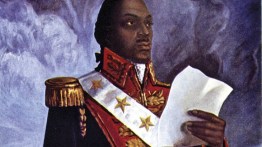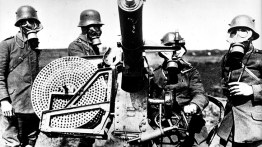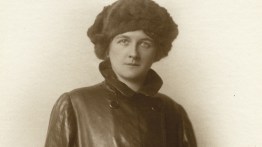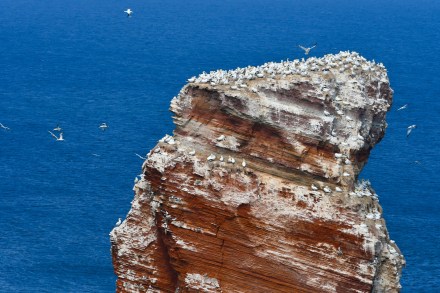A celebration of friendship: Common Ground, by Naomi Ishiguro, reviewed
Naomi Ishiguro began writing Common Ground in the aftermath of the Brexit referendum. The title refers to both Goshawk Common in Newford, Surrey, where 13-year-old Stanley Gower meets 16-year-old Charlie Wells, and the threads that bind the boys despite their differences. Stan isn’t a talker; he tends ‘to stay quiet and stare at people’, which,




















